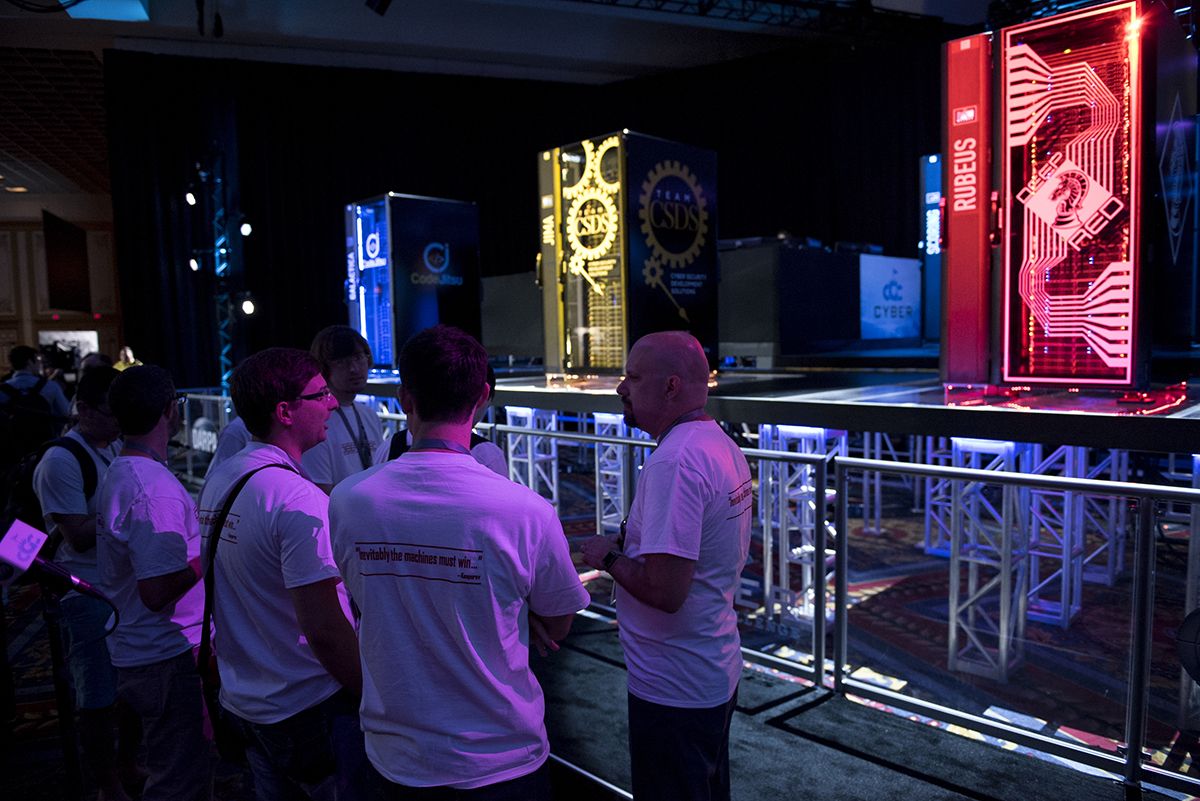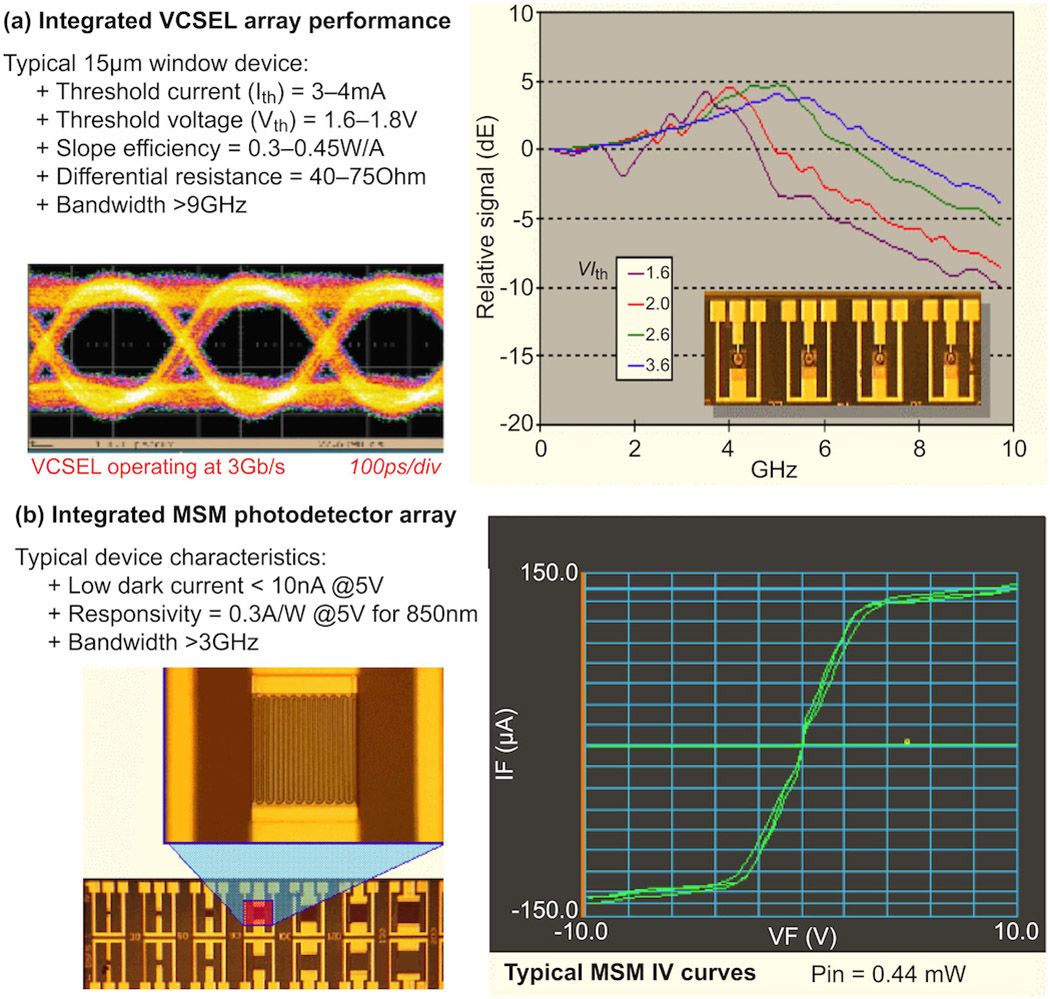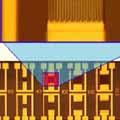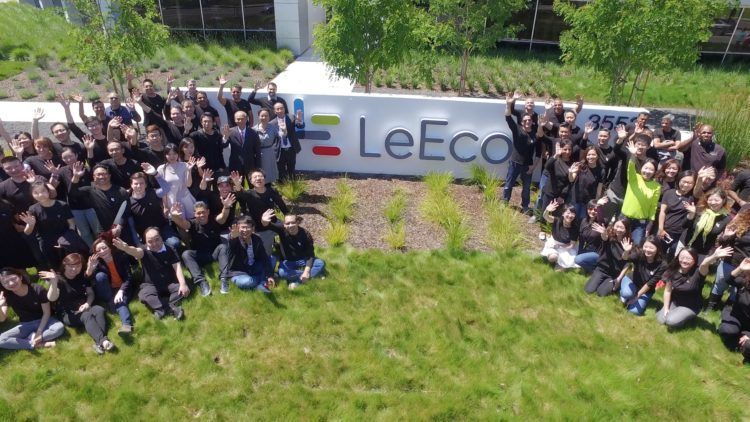Aug 9, 2016
Crowdfunding a Universal Cancer Treatment: Only a Few Days Left in the Fundraiser
Posted by Steve Hill in categories: biotech/medical, health, life extension
With only 9 days left on the SENS cancer fundraiser here is an article from Fightaging! that explains why finding novel solutions to treating cancer is critical in the roadmap to longer healthier lives.
This year’s SENS rejuvenation research crowdfunding event puts the spotlight on the SENS Research Foundation’s cancer program. So far more than 300 people have donated, and more than $26,000 has been raised; with ten days left to go, it won’t take that much more of an effort to reach the same number of donors and the same level of support given to last year’s fundraiser, and which led to the success in that research program. As for all of the SENS research initiatives in the science of aging, the SENS Research Foundation’s work on cancer aims to support a big, bold goal in medicine: to build a single type of therapy that can be used to effectively treat all forms of cancer. When achieved, that will greatly increase the pace of progress towards control of cancer, the goal of finally ending cancer as a threat to health. At present the cancer research community spends much of its time and funding on approaches that are highly specific to only one or only a few of the hundred of subtypes of cancer. That is no way to win any time soon, as even with the vast funding devoted to cancer research, there are just too many forms of cancer and too few researchers. What is needed is to change the strategy, to focus on approaches to the treatment of cancer that are no more expensive to develop, but that far more patients can benefit from.
The most promising approach to a universal cancer therapy is to block telomere lengthening in cancerous tissues. Telomeres are a part of the mechanism that limits cell division in all human cells other than stem cells, repeating DNA sequences at the ends of chromosomes that shorten every time a cell divides. In order to achieve unfettered growth all cancers must bypass this limit by continually lengthening their telomeres, a goal that is achieved through mutations that allow cancer cells to use telomerase or the alternative lengthening of telomeres (ALT) processes. If both telomerase and ALT can be blocked in cancer tissue, then the cancer will wither; this is such a fundamental piece of cellular machinery that there is no expectation that cancer cells could find a way around it. Block only one of these two methods of telomere lengthening, however, and the cancer will probably switch to use the other. This has been observed in mice.



















